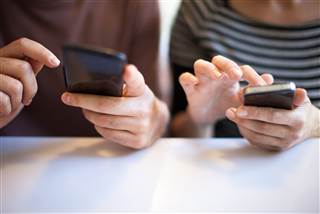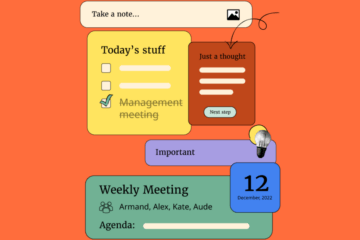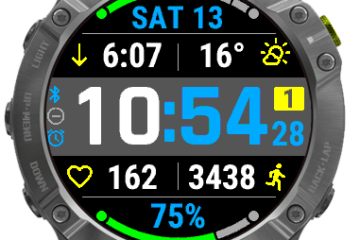Some of the top-rated health apps aimed at people with chronic medical problems don’t do a very good job of actually helping to manage those conditions, a recent study suggests.
Doctors reviewed 137 of the most highly rated or commonly recommended apps available for Apple’s iPhone and handsets running Google’s Android software that target people with high health costs or substantial medical needs. Often, though, the doctors gave these popular apps poor marks.

“I think that the lack of correlation between consumer app store and doctors’ ratings is likely due to competing priorities between the two groups,” said lead study author Dr. Karandeep Singh of the University of Michigan in Ann Arbor.
“Consumers may place a different value than physicians on the accuracy of medical information, availability of certain functionalities, and design considerations,” Singh added by email.
“For example, an app that enables accurate entry of blood pressure with appropriate indications for high and low blood pressures may be viewed positively by a physician, and if that app requires a login every time it is started, a consumer may feel it is too burdensome to use and rate it poorly,” Singh said.
Approximately half of all Americans are living with at least one chronic medical problem such as heart disease, diabetes or asthma, researchers note in the journal Health Affairs, online December 5th.
Related: Apple Releases Medical App Software
For the current study, researchers evaluated apps targeted at people who live with asthma, arthritis, diabetes, high blood pressure, depression, lung disease, liver disease, kidney disease, heart failure or addiction to drugs, alcohol or tobacco. They also looked at apps for people who have survived a stroke, battled cancer, been diagnosed with memory loss or dementia, are obese or are living with pain.
Many of the more than 165,000 health apps available aim to help people track their condition day-to-day, stay on track with medication or at-home testing, share information electronically with their care teams and get education and encouragement between doctor appointments.
Nearly all the apps in the study let people enter information into their phone about their health that day, such as a daily blood sugar or blood pressure level or whether they were feeling suicidal.
But only 28 of these apps reacted appropriately when the reviewers entered a dangerous value – a blood pressure that was sky-high, a super-low blood sugar level or a suicidal mood, for instance.
Even though many apps offered tracking functions, education, reminders and alerts that could be useful in theory to people with chronic illnesses, few of the apps provided tailored guidance on specific actions users should take, the study found.
Related: New App Helps Doctors Catch Suicide Risk
While apps have the potential to help with health, consumers should still be wary, said Sarah Blenner, a public health researcher at the University of California, Los Angeles, who wasn’t involved in the study.
“It’s concerning, though not surprising, that the study found that so few apps replied appropriately to problematic information entered into a health app,” Blenner said by email. “Many applications lack sufficient and thorough testing for accuracy, exposing consumers to significant risks.”
Patients may benefit from using apps to track things like diet or exercise, but they should avoid apps to measure things like blood pressure unless advised to do this by a doctor, said Dr. Nilay Kumar of the University of Wisconsin School of Medicine and Public Health in Madison.
“Mobile-health has an enormous potential to revolutionize self-care for chronic medical conditions,” Kumar, who wasn’t involved in the study, said by email. “But as shown in the current and previous studies, there are many remaining safety concerns underscoring the need for healthcare providers to remain vigilant about what mobile-health tools their patients may be using.
[Source:-NBC]




